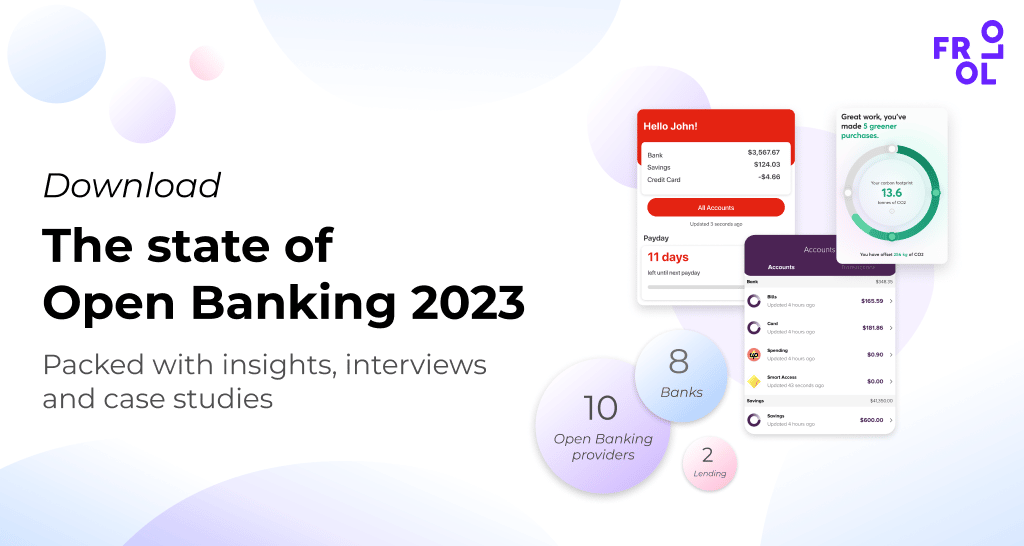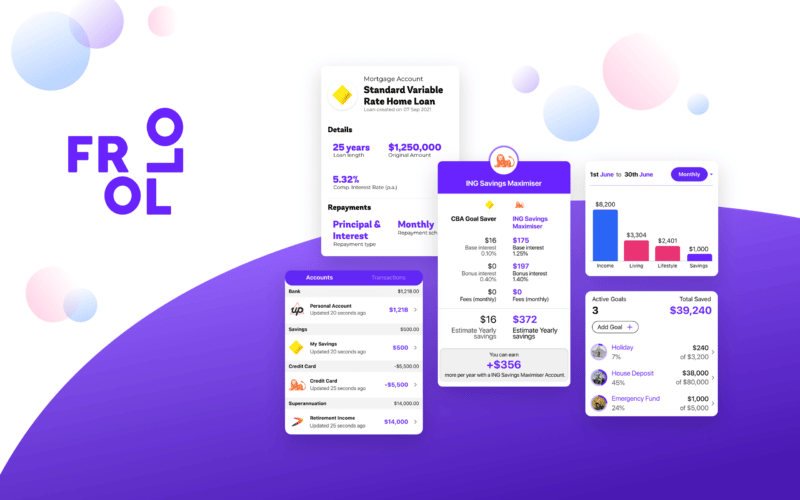Monoova enables innovative, scaling businesses with large, ongoing transaction flows to manage all payments automatically, through one simple API integration. Its clients include companies like Wise, Finder and WorldRemit.
As Co-founder and CEO, Christian Westerlind Wigstrom has led Monoova’s evolution into one of the most recognised brands in Australian fintech over the last five years.
Combining real-time balance checks through Open Banking with the real-time debiting of funds, makes for a powerful combination.
Christian Westerlind Wigstrom (Monoova)
What do you see as the biggest opportunity for disruption in the Australian payments industry?
PayTo and digital rails. Already, payments are moving from being a separate thing at the end of a purchase to a core aspect of the overall customer experience. When consumers expect payments to be simple and seamless, it gets very complex and complicated for businesses.
With the launch of PayTo (real-time debits) and a growing understanding of how digital rails can improve on conventional banking infrastructure, we are finally sitting on the foundations required to build truly incredible customer experiences.
As one of the very first providers offering PayTo, and with actual in-house experience of digital rails, Monoova is at the forefront of the two most important disruptive forces in the Australian payments industry.
Without the ability to initiate payments with Open Banking, what’s the immediate value that Open Banking can bring to the payments process?
Over time, Open Banking will have a wide-ranging impact on consumer behaviour in payments, particularly once third-party initiation becomes available.
Already, however, there are concrete use cases that deliver immediate value: balance checks and account validation.
To focus on the first: with PayTo, we are likely to see increasing use of debits on accounts. Combining real-time information through Open Banking on whether there are sufficient funds with the real-time debiting of funds, makes for a powerful combination.
The current risk of dishonours three days after the transactions will feel like a distant nightmare.
Open Banking payments will benefit consumers by moving more financial services to where the consumer wants them
Christian Westerlind Wigstrom (Monoova)
As a payments provider, what will Open Banking payments mean for Monoova?
Though hard to measure, the largest impact of Open Banking payments for Monoova is going to be another raising of consumer expectations.
We will expect payments to move faster and smarter. This is great for Monoova. While we don’t service consumers directly, we service large platforms that do. Higher consumer expectations on them means that there is more demand for our product.
Less generically, Open Banking payments will allow us to add further rails to our multi-rail payment engine, leading to a more versatile offering.
At an industry level, resolving how Open Banking payments relate to PayTo will be important.
How do you think Open Banking payments will benefit consumers?
In the widest sense, Open Banking payments will benefit consumers by moving more financial services to where the consumer wants them.
Today, the consumer comes to the payment; with open banking payments, the payment comes to the consumer. Merchants will be able to give consumers considerably more choices on what payment method to use in an e-commerce setting, including account a variety of account-to-account options.
But more importantly, open-banking payments will allow merchants to insert payment options in a much broader set of situations to remove the friction involved in separating the paying from the consuming.
What excites you most about the future of Open Banking?
Its open endedness. In Australia, Open Banking is merely the first of several ‘Open’ categories under the broader remit of consumer data rights (‘CDR’). Next comes Open Energy, Open Telco etc. The concept of ‘Open’ in the banking context breaks down barriers to collaboration and innovation across a host of established and emerging financial-services players.
Consumers will see product development and evolution of services in ways that haven’t been possible in a more siloed, anti-competitive setting.
This interview is part of ‘The State of Open Banking 2023′, an industry report by Open Banking provider Frollo. The report provides a pulse check of the Australian Open Banking industry, an overview of exciting new use cases and interviews with experts.











